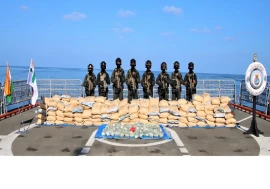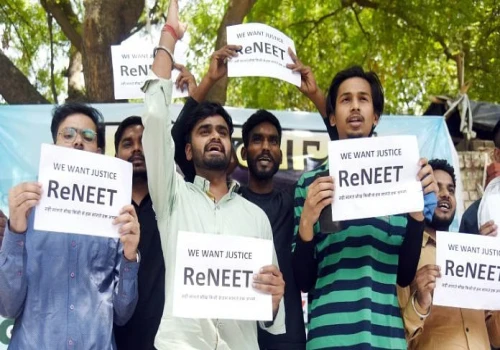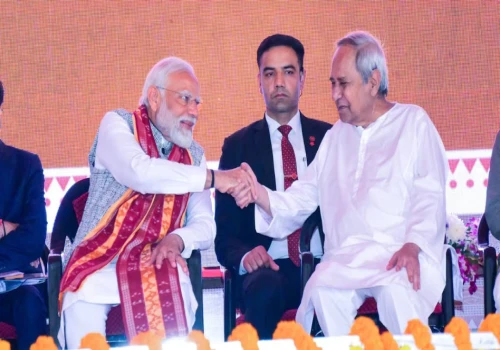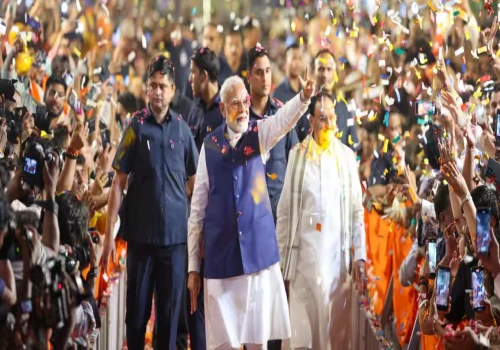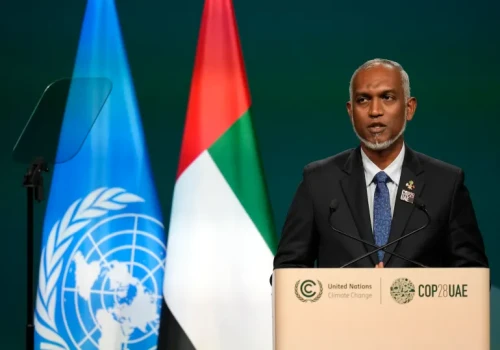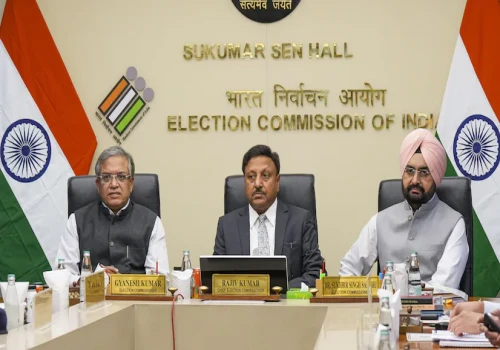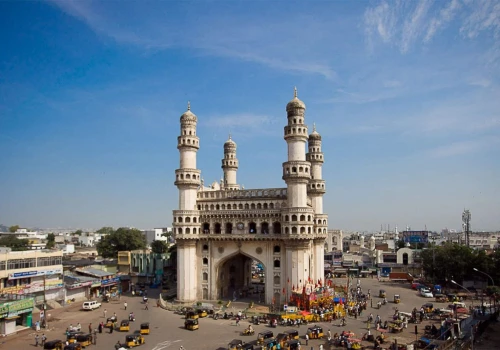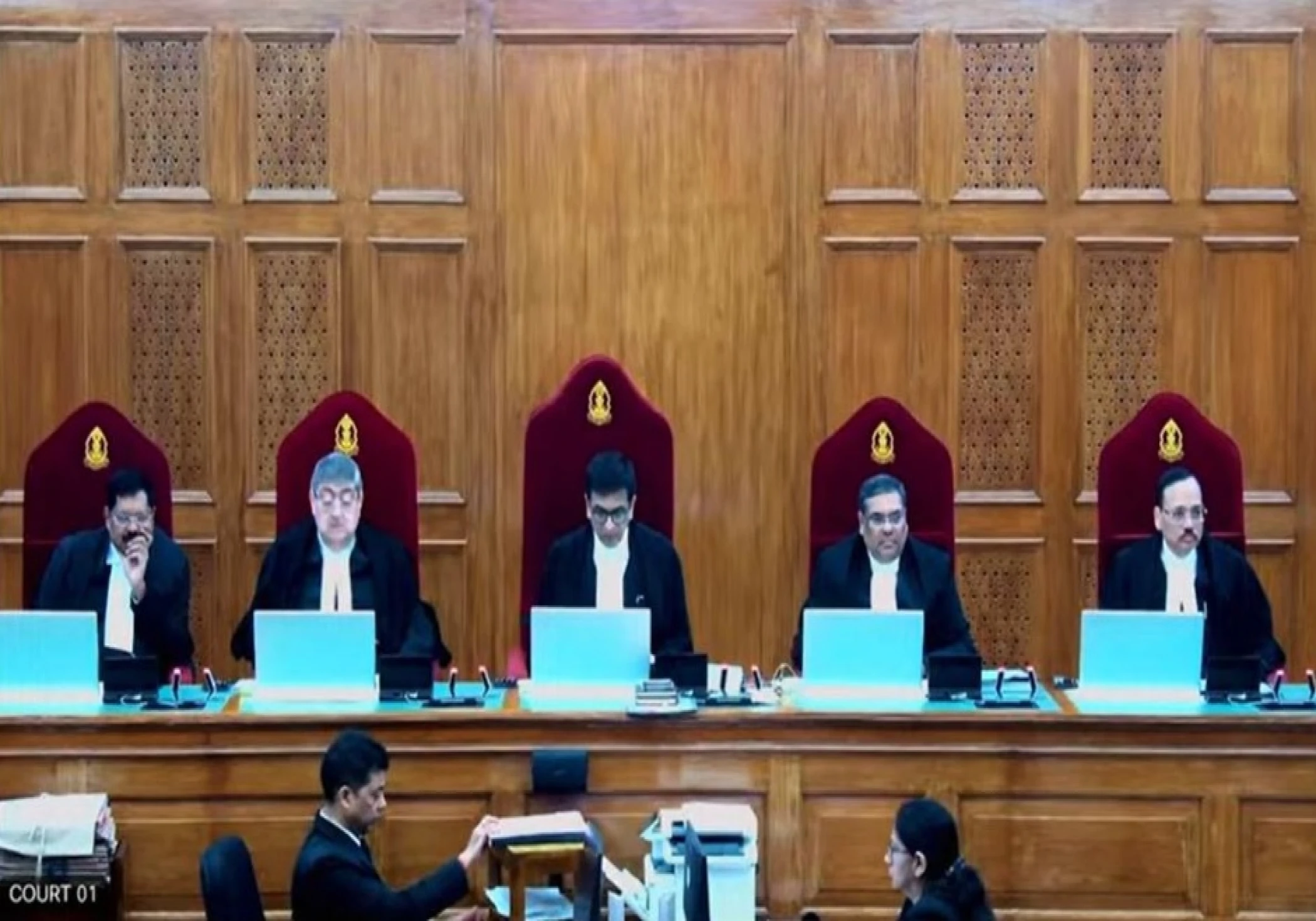
On December 11th the Supreme Court issued a significant verdict on the abrogation of Article 370 and the recognition of the erstwhile state of Jammu and Kashmir into two distinct union territories. In essence, the Supreme Court recognized the division of Jammu and Kashmir into two Union Territories, acknowledging the validity of the government’s decision which was to cease the existence of article 370 in 2019, thereby endorsing the restructuring of Jammu and Kashmir.
What exactly was article 370?
Article 370, instituted on October 17th, 1949, was initially framed as a provisional measure. It conferred special provisions to Jammu and Kashmir, legally permitting the state to establish its own constitution. The introduction of this article was primarily implemented due to the wartime circumstances prevailing at that time.
The Supreme Court, in its judgment on December 11th, emphasized the temporary and transitory nature of the arrangement, as explicitly stated in its marginal note. Therefore, the court deemed it valid for the government to abrogate and bifurcate this arrangement.
Headed by Chief Justice of India (CJI) DY Chandrachud, the five-judge Constitution Bench, which included Justices S K Kaul, Sanjeev Khanna, B R Gavai, and Surya Kant, concluded its constitutional verdict on September 5th regarding the abrogation of Article 370 after a 16-day hearing. DY Chandrachud clarified that following accession, Jammu and Kashmir did not possess internal sovereignty within India. The explanation extended to highlight that the article inherently had an interim character, serving a transitional purpose.
The Supreme Court, affirming the constitutional order, validated the abrogation of Article 370 during the President's rule. Notably, the judgment highlighted a significant aspect wherein the Supreme Court instructed the Election Commission to conduct elections in the state starting from September 2024 and to accelerate the restoration of statehood. This decision reflects an acknowledgment of the people's aspirations for self-governance, providing them with the opportunity to engage in the democratic process.
The court also upheld the reorganization and carving out of Ladakh as a union territory. This decision reflects the court’s commitment to democratic values and the empowerment of the people.
The Supreme Court, in its directive, mandates the creation of a Truth and Reconciliation Commission to address human rights violations in Jammu and Kashmir. Justice S K Kaul, in his concurring judgment, instructs the establishment of this commission to investigate and document instances of human rights violations, encompassing actions by both state and non-state actors.
On Tuesday, December 12th, the government intends to present two bills in parliament one for the reservation of 33% of seats in the assemblies of Union Territories of Jammu and Kashmir and Puducherry, specifically for women.
Despite criticism from some individuals who hinted at political motivations, Prime Minister Modi took to social media on December 12th to share his perspective on the Supreme Court's verdict. He hailed it as 'historic' and a 'declaration of hope for the people of Jammu and Kashmir,' emphasizing that it has bolstered the spirit of 'Ek Bharat.' Solicitor General Tushar Mehta, the sole lawyer engaged in the case, also voiced his approval of the verdict.

